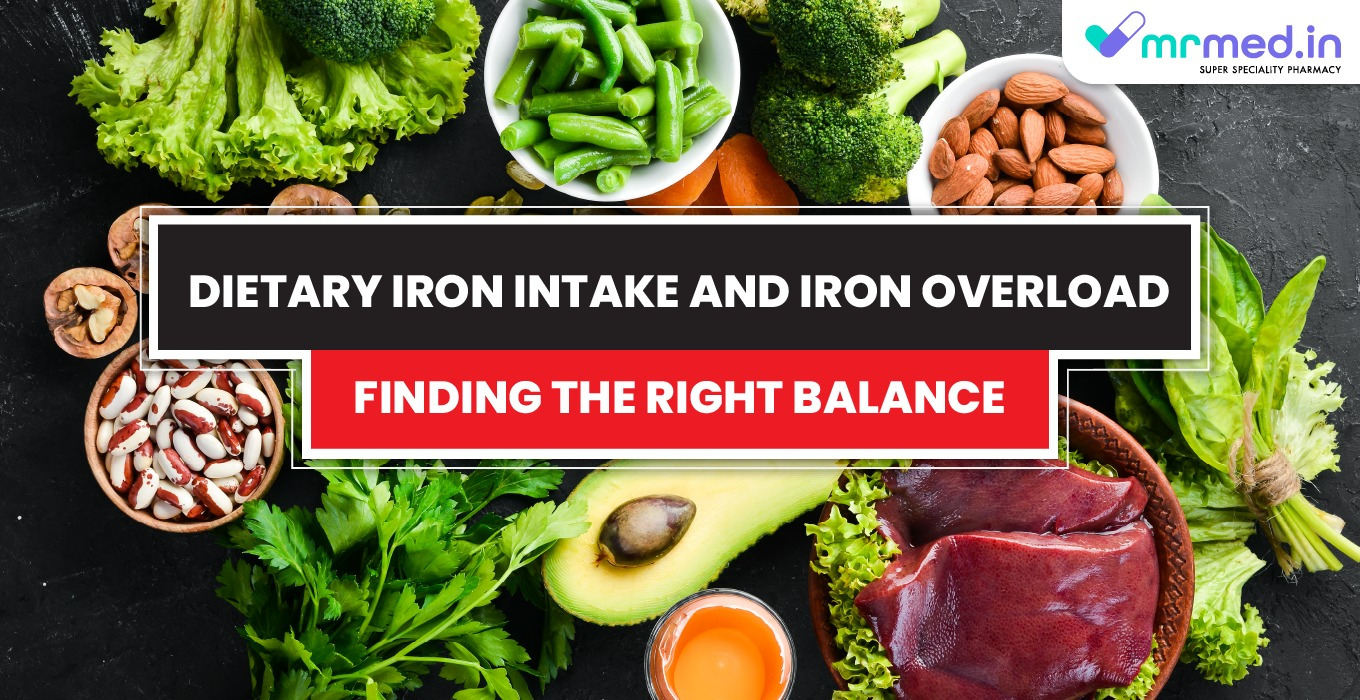Introduction
Iron is an essential mineral that plays a crucial role in various bodily functions, including oxygen transport, energy production, and DNA synthesis. However, maintaining a delicate balance of iron levels in the body is vital, as both iron deficiency and iron overload can lead to health complications. In this article, we will explore the importance of finding the right balance in dietary iron intake to prevent iron overload. We will also delve into the medical treatments available for managing excess iron in the body.
The Role of Iron in the Body
Iron is a fundamental component of hemoglobin, the molecule responsible for carrying oxygen in red blood cells. It is also involved in the production of enzymes and proteins necessary for cellular functioning. While iron is essential for optimal health, excessive iron accumulation can be harmful and lead to iron overload disorders.
Striking the Right Balance: Understanding Dietary Iron Intake and Preventing Iron Overload
Maintaining the right balance of iron intake is important, as both insufficient iron and iron overload can have adverse effects on health. Here are some guidelines for finding the right balance:
1. Understand your iron needs: Different individuals have varying iron requirements based on factors such as age, sex, and overall health. It is essential to consult with a healthcare professional to determine your specific iron needs.
2. Balanced diet: Consume a well-rounded diet that includes both heme and non-heme sources of iron. Heme iron is found in animal products such as red meat, poultry, and seafood, while non-heme iron is found in plant-based sources like legumes, tofu, spinach, and fortified cereals. Including vitamin C-rich foods like citrus fruits, tomatoes, and bell peppers can enhance non-heme iron absorption.
3. Iron supplements: Iron supplementation should only be taken under the guidance of a healthcare professional. They can assess your iron levels through blood tests and determine if supplementation is necessary. Taking iron supplements without medical advice can lead to iron overload.
4. Cooking methods: Cooking acidic foods in cast-iron cookware can increase the iron content of the meal. Conversely, cooking foods in stainless steel or non-stick cookware can minimize iron absorption.
5. Avoid excessive iron intake: Iron overload, also known as hemochromatosis, can occur in individuals who absorb and store too much iron. This can be hereditary or caused by certain medical conditions. Regular blood tests can help monitor iron levels and identify any potential issues.
6. Genetic testing: In cases of suspected hereditary hemochromatosis, genetic testing can be conducted to identify specific gene mutations. This can help determine the risk of iron overload and guide appropriate dietary and medical interventions.
7. Blood donation: Regular blood donation can help maintain healthy iron levels by reducing iron stores in individuals without iron overload. It also offers the opportunity to contribute to a life-saving cause.
Iron Overload: Causes and Risks
Iron overload can occur due to various factors, including genetic predisposition, repeated blood transfusions, excessive iron supplementation, or a combination of these. The most common hereditary disorder associated with iron overload is hereditary hemochromatosis. When iron levels surpass the body's capacity to bind and store it, excess iron can accumulate in vital organs such as the liver, heart, and pancreas, leading to serious health complications.
Finding the Right Balance
Maintaining a balanced iron intake is crucial to prevent both iron deficiency and iron overload. To achieve this balance, it is important to be mindful of dietary choices and consider individual iron requirements. For individuals at risk of iron overload, reducing iron intake from animal-based sources and monitoring iron supplementation can be beneficial. On the other hand, individuals with low iron levels should focus on consuming iron-rich foods or, if necessary, take iron supplements under medical guidance.
Medical Treatment for Excess Iron
When iron overload becomes a concern, medical intervention may be necessary. The primary treatment option for managing excess iron in the body is iron chelation therapy. This therapy involves the use of medications that bind to excess iron and help remove it from the body through urine or stool. The most commonly used iron chelators are deferoxamine, deferiprone, and deferasirox. Desirox 500mg Tablet containing deferasirox works by trapping and removing excess iron, which is then excreted through stools. The choice of treatment depends on factors such as the severity of iron overload, underlying conditions, and individual patient needs.
Conclusion
Maintaining a balance in dietary iron intake is essential for overall health. While iron is vital for the body's proper functioning, excess iron can lead to iron overload disorders, causing significant health risks. By being mindful of iron intake, considering individual iron requirements, and seeking medical advice when necessary, individuals can find the right balance to prevent iron overload and ensure optimal iron levels in the body. Regular monitoring and treatment, if required, are crucial to managing excess iron and minimizing potential complications.




